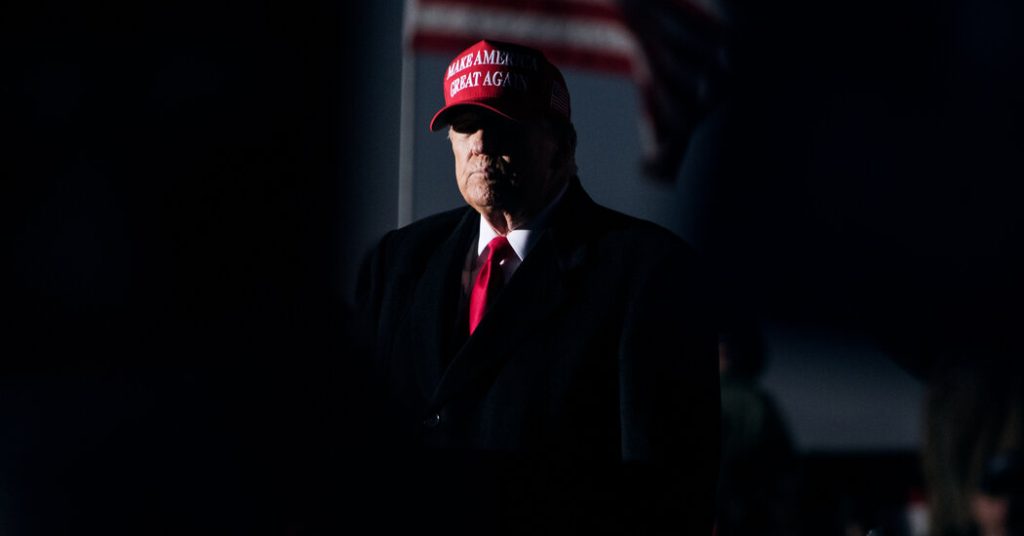In claiming absolute immunity for criminal acts taken while in office as president, Donald Trump is challenging the foundational principle of American democracy that no one is above the law. The Supreme Court’s decision to take up this case has delayed Trump’s potential reckoning with the criminal legal system, raising concerns about the impact on the 2024 presidential election. The court’s intervention may have deprived the public of critical information or created the potential for a constitutional crisis if Trump were to win a second term and be convicted post-election.
Trump’s belief that he can break the law without consequence due to his status as chief executive demonstrates a radical contempt for Republican government and a skewed understanding of the president’s role. Historians argue that the founding generation rejected the idea of presidential immunity for crimes committed in office, emphasizing accountability as a key aspect of the presidency. The Constitution was designed to ensure that the president is subject to criminal prosecution like any other citizen, with the possibility of being convicted and even facing capital punishment in extreme cases.
The debate over presidential immunity underscores the need to uphold the principles of constitutional government and resist the notion that the president is above the law. The founding fathers envisioned a system in which the president could be held accountable for any misdemeanors or crimes committed in office, ensuring that no privileges or immunities would shield them from legal consequences. The current Supreme Court case represents a critical moment in determining whether the president’s actions are subject to criminal prosecution and underscores the stakes involved in upholding the rule of law.
The potential implications of the Supreme Court’s decision in Trump’s case extend beyond his personal fate to the broader integrity of American democracy. By delaying Trump’s trial and potentially establishing a precedent for presidential immunity, the court risks undermining the core principles of accountability and checks and balances that are crucial for a functioning democratic system. The court’s handling of this case will set a precedent for future presidents and shape public perceptions of the presidency’s relationship to the rule of law.
As the Supreme Court deliberates on the issue of presidential immunity, the stakes for American democracy are high. The court’s decision will have far-reaching implications for the balance of power between the executive branch and the legal system, as well as for the public’s trust in the integrity of the presidency. The historical arguments against presidential immunity underscore the importance of upholding the rule of law and ensuring that no individual, regardless of their position, is exempt from legal accountability. Ultimately, the court’s ruling will be a defining moment in determining the limits of executive power and the foundational principles of American democracy.


